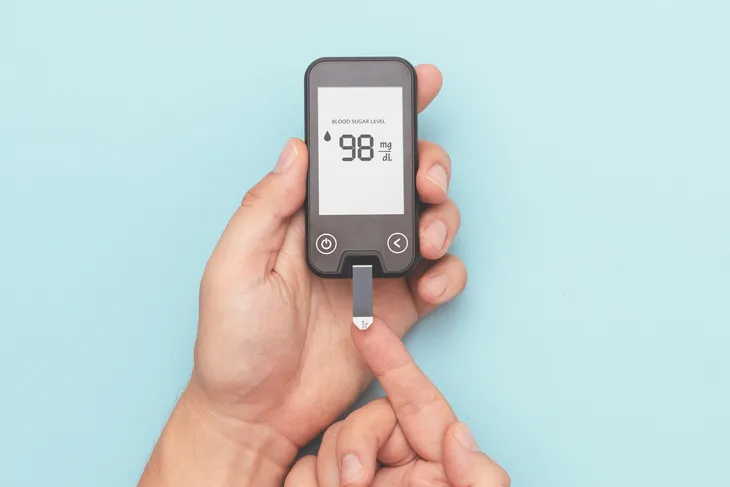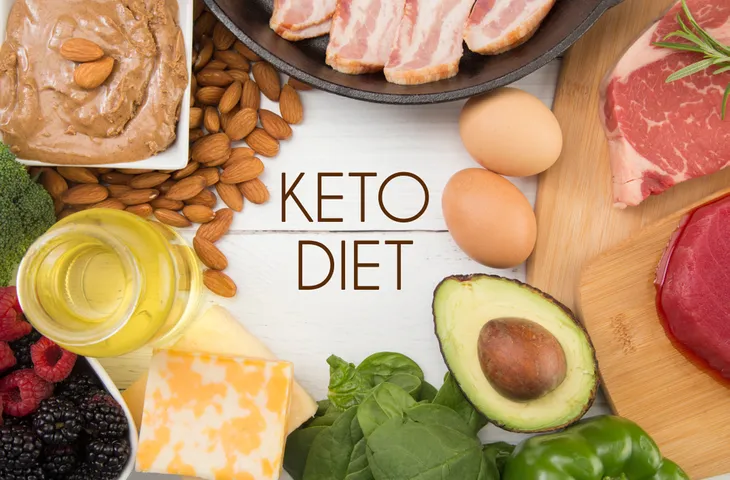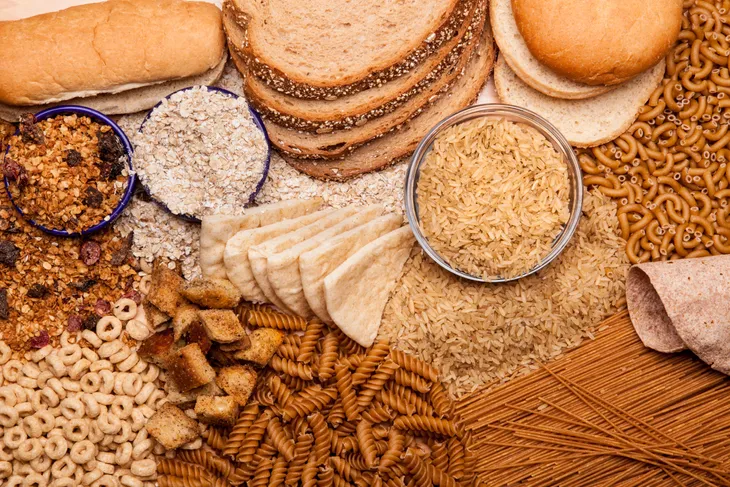Adopting a ketogenic diet is thought to aid in the treatment and prevention of many health conditions, such as diabetes, heart disease, and obesity. A keto diet is essentially made up of low-carbohydrate, high-fat foods.
Unfortunately, there is widespread confusion over precisely which foods should and should not be included in a ketogenic diet. This problem is not helped by the fact that a ketogenic diet appears very much like the Atkins diet at first glance.
Ketogenic Diets for Disease Prevention
Ketogenic diets are widely regarded as a beneficial lifestyle choice for people suffering with diabetes or obesity. By limiting or eliminating carbohydrates, people with type 2 diabetes can avoid insulin spikes and achieve better blood glucose control. This also encourages weight loss, as the body is forced to burn stored fat for energy, rather than utilizing carbohydrates.
Keto dieting may also be useful in managing a whole host of other medical conditions including Polycystic Ovary Syndrome, cancer, Parkinson’s Disease, and epilepsy. In fact, researchers recently found that children with epilepsy who follow a ketogenic diet have healthier brain activity when compared to those following no diet plan.
How Does Ketosis Work?
Ketogenic diets are essentially designed to encourage a metabolic process called ketosis. Ketosis refers to a situation in which the body burns fat for energy because there are insufficient stores of glucose.
Limiting dietary sources of glucose is the only way to make this happen. Since glucose is an infinitely more efficient energy source than fat, the human body will always take the path of least resistance. When glucose is not available, the body metabolizes fat in order to utilize glucose in triglycerides.
Ketosis can lead to weight loss and a whole host of other therapeutic benefits. Though it is important to adopt a ketogenic diet cautiously, as it can sometimes lead to a dangerous condition called ketoacidosis. This occurs when a build-up of ketones, an acid by-product of ketosis, poisons the body.
Ketogenic Diets vs. Atkins
Keto and Atkins are often confused since they are both low-carbohydrate diets. The main difference between the two methods of eating is that keto diets encourage and sustain ketosis far more efficiently than Atkins.
Atkins relies on stages in which the dieter gradually reintroduces carbs into their eating plan. As this happens, the body will slip out of ketosis and once again begin using glucose stores for energy.
Atkins can be useful purely from a weight loss perspective — and it does have the advantage of allowing dieters to eat a broader range of foods. However, ketogenic diets will always be superior in their ability to force ketosis and thus treat or prevent disease.
Best Ketogenic Foods
Ketogenic diets are based on the following macronutrient profile:
- Low Carbohydrate: Under 50g daily.
- Moderate Protein: 40 to 50g daily for women and 50 to 60g daily for men.
- High Fat: Unlimited, though you should avoid snacking between meals.
Some of the best foods to include in your ketogenic diet are:
Low-Carb Vegetables
A healthy ketogenic diet should include a wide variety of low-carbohydrate vegetables at every meal. Good examples are tomatoes, leafy greens, broccoli, and asparagus.
Avoid starchy vegetables, like potatoes, beets, and parsnips, as these are high in carbohydrates.
Dairy Products
High-fat dairy products such as whole milk, cream, butter, and yogurt are keto diet staples. Avoid low-fat dairy options as the point is to use these foods to up your fat intake.
People following a keto diet should be wary of high-protein dairy products like cheese as these may lead to excessive protein consumption.
Meat and Eggs
Fatty meats such as lamb, pork, beef, and chicken are fine to eat on a keto diet. Eggs are also a good option because they are extremely low carbohydrate and protein rich.
These foods will contribute to your protein intake as well as your fat intake, so should be consumed in moderation. One of the most common mistakes people make with a ketogenic diet is eating too much protein. This can move the body out of ketosis by prompting the liver to change protein into glucose.
Fish
Consuming oily fish, including salmon, tuna, sardines, and mackerel, is a great way to maintain a healthy ketogenic diet. These fish are rich in omega-3 fats — which are known to promote cardiovascular health — and contain moderate amounts of protein.
Nuts, Seeds, and Avocados
Nuts and seeds fit the ketogenic profile perfectly, as they have a moderate protein content and are rich in fats, while being extremely low in carbohydrates. Be careful to choose unsalted nuts, otherwise you may end up consuming unhealthy amounts of sodium. Keep in mind that cashews contain significantly more carbohydrates than other nuts and should be consumed in moderation.
Avocados are a godsend when it comes to following a healthy keto diet plan. This is because they are extremely rich in healthy fats and other essential micronutrients such as vitamins A, E, and K, potassium, and magnesium.
Foods to Avoid on a Ketogenic Diet
There are certain foods which are not compatible with ketogenic dieting and should be avoided like the plague. Given the low-carb basis of ketogenic eating, you must completely avoid refined carbohydrates and sugary products like sweets, cakes, pastries, cookies, pasta, and bread. These foods are extremely rich in carbohydrates and low in essential nutrients.
Unfortunately, keto eating also means avoiding certain health-promoting carbohydrates, like whole grains, pulses, legumes, beans, and fruit. Fruit can be included in very low quantities, though you should opt for low-carb options like berries.
Additionally, alcohol consumption must be kept to an absolute minimum, as alcoholic beverages are typically high in carbohydrates. If you opt for low-carb options like light beer, it is possible to include very small amounts of alcohol on a keto diet.








